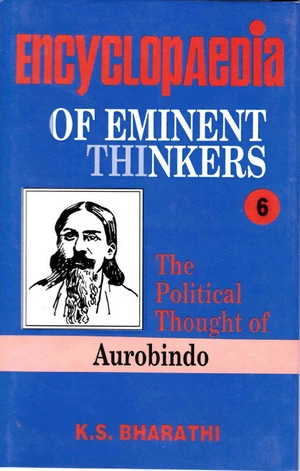Urban explosion and its consequences for human welfare and development have now become major concerns of national governments and international organisations. The problem has acquired serious proportions in developing countries where the rural millions who migrated to large cities in search of work have remained shelterless for decades. Slums and squatter settlements have become the hall marks of third world cities. This study seeks to explain how households, given a set of socio-economic characteristics and faced with different types of housing choices opt for certain types of dwellings to live in. It tries to identify the factors that enter into this decision-making process. It also investigates and explains why different categories households choose different housing and what rote the socioeconomic variables and environmental settings play in the decision-making process. Answers to these questions can help in formulating appropriate housing policies. The book is based on empirical study of public behaviour and response with respect to size, quality and environment of housing in Rio de Janeiro, Brazil. The conclusions drawn however are relevant to other third world cities. The last chapter on relevance of the book for India makes the study quite pertinent to the resolution of housing problems of the evergrowing megacities of South and Southeast Asia. The book is an important and timely contribution to the resolution of housing problems in third world cities. It is useful to students, planners, policy-makers, architects and to all those who are interested in the study of shelter provision in third world cities.
Price history
Nov 19, 2022
€39.72

